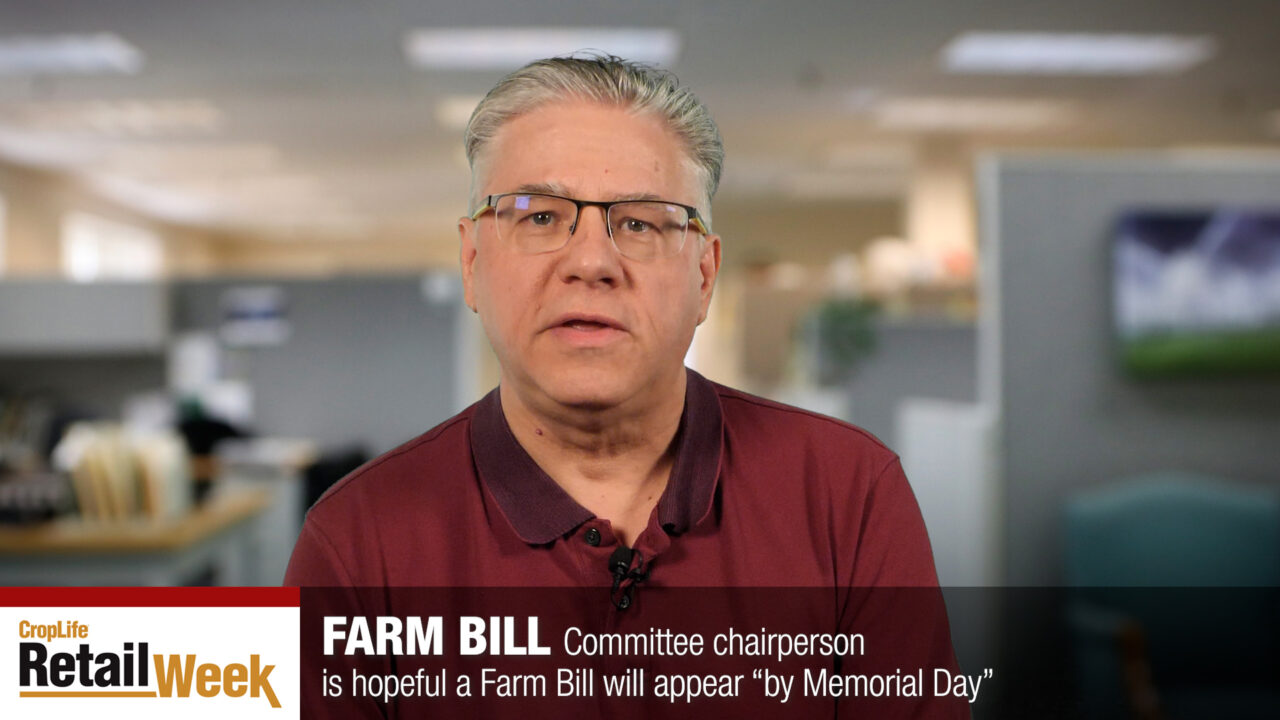Getting The Word Out
A famous Sydney Harris quote says “if you’re not a part of the solution, you’re part of the problem.”
Let me state for the record: I want to be part of the solution — even if many of my peers in consumer media do not.
Last month, I attended the annual Ag Issues Forum, which took place just prior to the 2011 Commodity Classic show. Sponsored by Bayer CropScience, the Forum brings together various industry experts (and, at times, critics) to talk about the key issues impacting agriculture. This year’s event was no different, with speakers ranging from former U.S. Secretary of Agriculture Clayton Yeutter to Robert Kenner, director of Food, Inc., a critical portrayal of food production in the U.S.
Despite the credentials of these speakers, I found Forum’s final presenter, Tom Nagle, to be the most eye-opening. A managing partner for Statler Nagle and The Tipton Group, Nagle looked at how opponents of modern ag have used half-truths, distorted facts and blatant lies to spread the message that the food production system is malicious at worst and/or neglectful at best.
“False assertions that go uncorrected become facts,” said Nagle. “To think that the food industry can succeed by just responding to attacks won’t work.”
For example, Nagle talked about how obesity has worked to undermine some of the food industry’s most successful products (such as high fructose corn syrup). “It’s been almost a decade since obesity entered the debate about food production and consumption,” he said. “This was driven by a public perception of concern, which set public policy. In response, the food industry has reformulated and pulled products from the market to address this concern. Now, more products are being promoted on the basis of ingredient absence rather than their positive attributes.”
Ultimately, Nagle laid much of the blame for this reactionary approach by the food industry on the media. “The truth seems unimportant in modern media coverage,” he said. “Thanks to the Internet, this is a media culture that has no regard for facts, and this phenomenon is killing us! How do we as the food industry respond to the changing needs of media, society and culture? This is the tremendous problem we face as an industry — how our good information gets communicated.”
To address this trend, Nagle proposed the entire food production business in the U.S. — including agriculture — found a permanent communications capability to effectively manage its positive position and combat false claims and facts as they arise. “There’s no real voice in response to these attacks that says ‘the American food production system is one of the greatest advances in world history,'” said Nagle. “It will take a couple of years to re-balance this position about the industry.”
Let me be one of the first members of the nation’s media to applaud this proposal. I said in last month’s column that the industry could no longer just sit back and wait for opponents to attack. It’s nice to know other industry observers believe the same thing.






